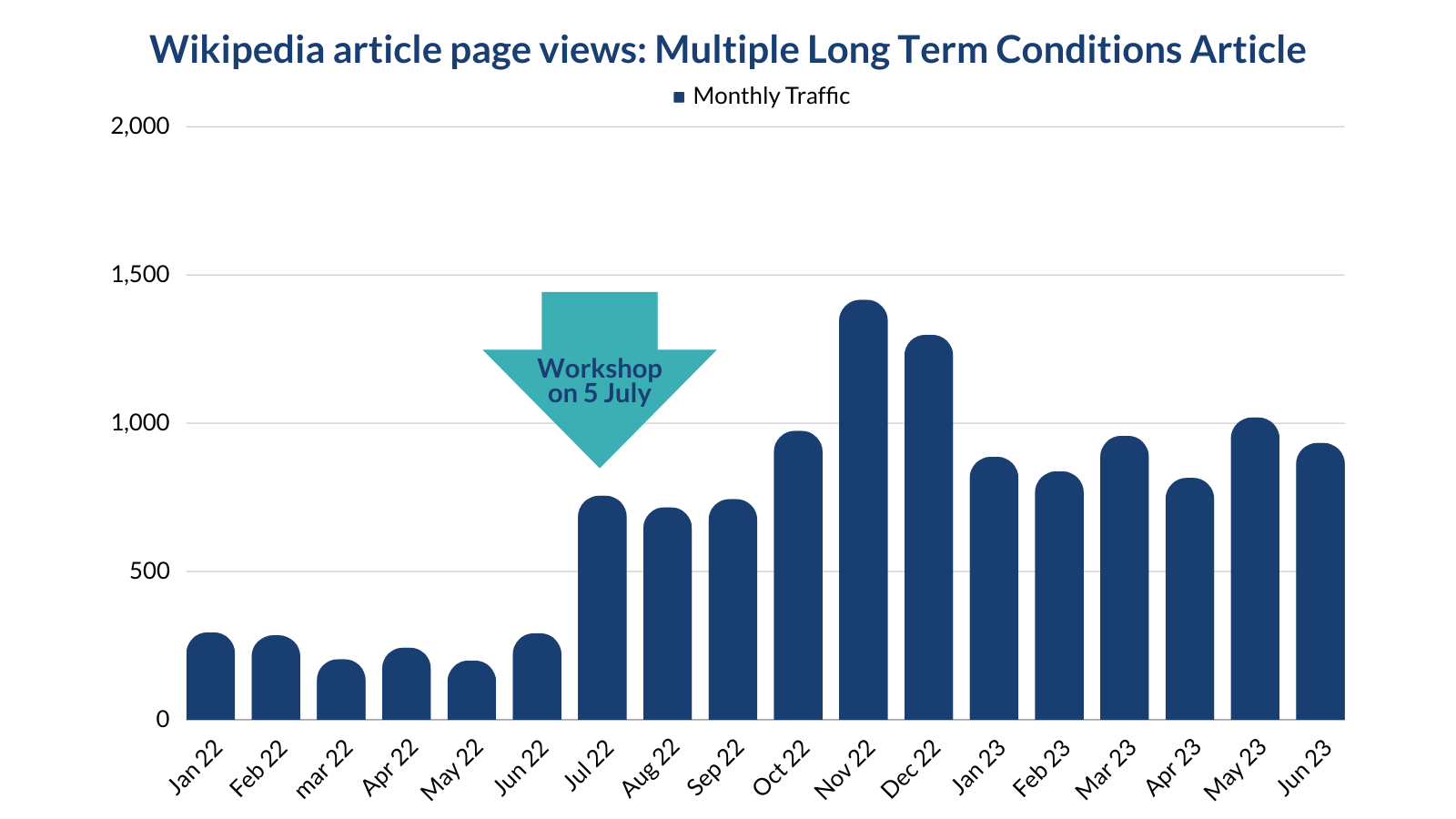By Lucy Moore, Archeologist, Curator and Wikimedian
“Mmmm! Inhale that fresh vintage aroma!” is a sign that welcomes buyers and browsers to the vintage shop Blue Rinse in Leeds. It struck a chord with me, as I’ve been thinking a lot lately about smell and culture, in particular how data about smell can be represented in a database like Wikidata.
This train of thought started early in 2024, at an event in York that is part of a research project at the university called ‘Bespoke, Open, Collaborative Approaches to Heritage Documentation’. It brought together heritage workers and researchers to think creatively about documentation in that sector. During the day I was chatting with people about how recording sensory information, like the smell of an object, could, and perhaps should, be part of museum records. Like a good Wikimedian, I turned to Wikidata to see how it recorded examples of ‘things smelling like other things’, and to my surprise a property for ‘smells of’ was absent.
Why was I surprised you might be thinking? Why would most people want to record how objects might smell or taste? We’re not (usually) licking things when we visit museums. I have definitely heard people talk about a ‘museum smell’. When I worked as a museum curator, I also used smells in a few exhibitions to bring topics more to life for visitors.
What captures my imagination, especially when you think about smell, is that as a sense it is both intensely personal, and also something shared. I began to think about all the cultures represented in museum collections, but also across the Wikimedia movement and started to imagine what potential there might be to represent this way of understanding the world on Wikidata.
So what smells connect what objects? How can we ‘follow our noses’ to find common scents in cultural data? Once the topic was raised lots of people in our Wikimedia family had suggestions. From the sculpture 5318008 by artist Tasha Marks (it smells of human breast milk!), to Agatha Christie-inspired ways to detect poison through scent, new smell-horizons opened with each conversation. The natural world is full of nose-surprises too. Did you know that a binturong smells of popcorn? Or that jasmine tea smells of otter poo (or is it the other way around)?

Whilst pondering these relationships and questions, I saw that XLab – The Cultural Heritage Informatics Collaboratory at Carleton University in Ottawa was due to run a conference on futures in heritage informatics along with a ‘book sprint’ on the topic. This looked like a great opportunity to talk to others thinking creatively about data. With funding from Wikimedia UK partly covering my costs, I was able to travel to Canada and take part in the workshops, discussions and book revision in person. Being able to participate in events like these is really important for researchers. At Carleton I spoke with lots of people working at their digital humanities centre, the XLab, and attended a celebration of their public history graduates’ work too. It exposed me to new ideas, and has helped me to shape how I’m thinking about smell and data. I’m now revising the chapter I have written for the book, and am looking forward to sharing wider ideas about linked open sensory data elsewhere. I’m also collecting “things that smell like other things” so drop a message on my talk page!























